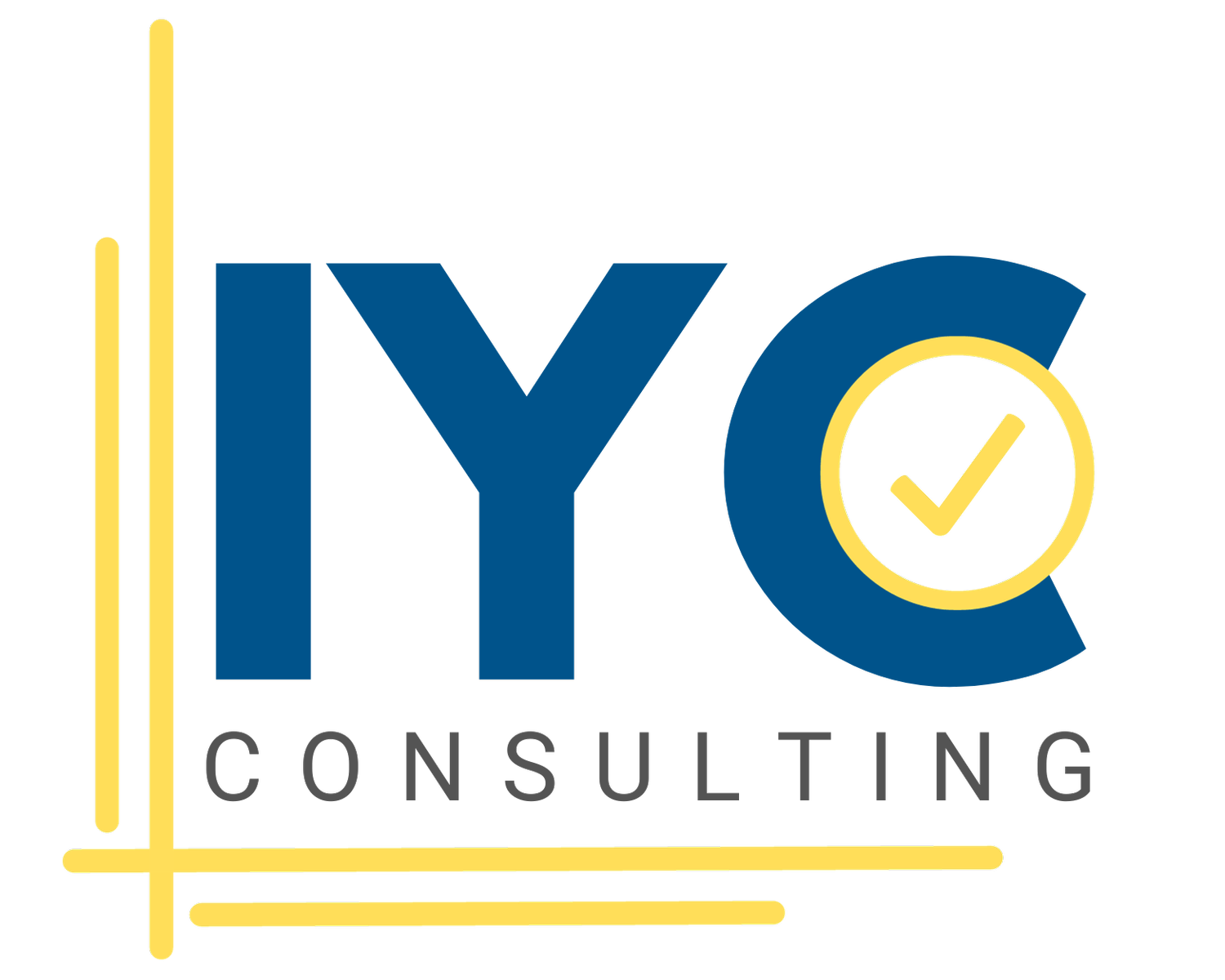Ensuring Excellence: The Role of Regular Compliance Training in Home Health Care
In the dynamic and sensitive world of home health care, adherence to regulations and ethical practices isn't just about following rules; it’s about weaving a tapestry of trust and safety for both caregivers and clients. Regular compliance training in home health care is akin to a navigator for a ship, ensuring the journey stays on course in the tumultuous sea of healthcare regulations and patient needs.
Building a Strong Foundation: The Necessity of Compliance Training
In home health care, the foundation of trust and safety is built on the bedrock of compliance. Much like a building requires a solid foundation to remain sturdy and functional, health care professionals must recognize that regular compliance training solidifies the underlying structure of trust and safety in their practices.
Understanding the Evolving Landscape: Healthcare laws and regulations are constantly changing. Regular training ensures that caregivers are up-to-date with the latest guidelines, helping them adapt to new requirements as smoothly as a musician learns to play new compositions.
Customizing Training to Meet Specific Needs: Every home health care agency is unique, with its own set of challenges and client demographics. Tailoring compliance training to meet these specific needs is crucial, ensuring that the solutions are as appropriate and effective as medicine prescribed specifically for an individual patient.
Fostering a Culture of Continuous Learning: A home health care agency flourishes when its staff are engaged in ongoing learning and development. This continuous improvement is vital for maintaining the quality of care and adapting to new challenges.
Navigating the Compliance Maze: Key Elements of Effective Training
Effective training requires more than just delivering information; it involves engagement and interaction. Imagine trying to learn to swim by reading a book; hands-on practice is essential. Similarly, interactive training methods like role-playing or case studies are crucial for effectively absorbing compliance knowledge.
Incorporating Technology and Innovation: Utilizing technology in training can significantly enhance the learning experience. Online modules, virtual reality simulations, and interactive webinars can make the training process more accessible and engaging.
Continuous Assessment and Feedback: Regular assessments and feedback are instrumental in helping health care professionals refine their skills and understanding of compliance protocols, much like an athlete improves through continuous coaching and practice.
The Ripple Effect: Benefits of Regular Compliance Training
The impact of regular compliance training in home health care is extensive:
Enhanced Patient Safety and Satisfaction: Well-trained staff can provide safer and more satisfying care to patients, ensuring operations run smoothly like a well-oiled machine.
Reduction in Legal and Financial Risks: Regular compliance training acts as a safeguard, protecting the agency from potential legal and financial pitfalls.
Boosted Staff Confidence and Morale: Knowledge and preparedness empower staff, enabling them to handle their responsibilities with confidence and efficiency.
Conclusion
Regular compliance training in home health care is not just a regulatory requirement; it’s a pivotal element in the quest for quality care and ethical practice. It's the guiding light helping home health care agencies navigate through the complexities of legal compliance, ensuring they not only meet regulations but excel in providing compassionate, safe, and effective care.

